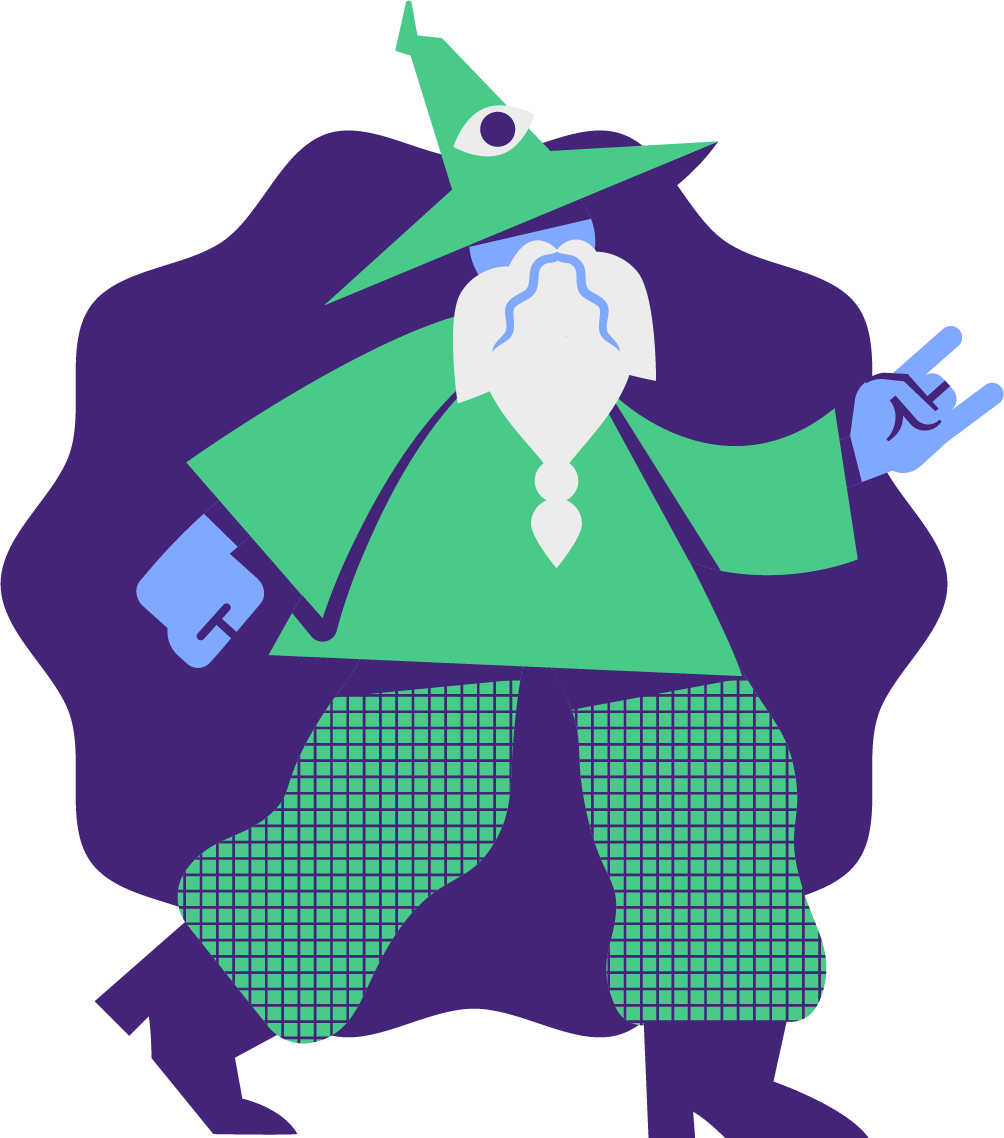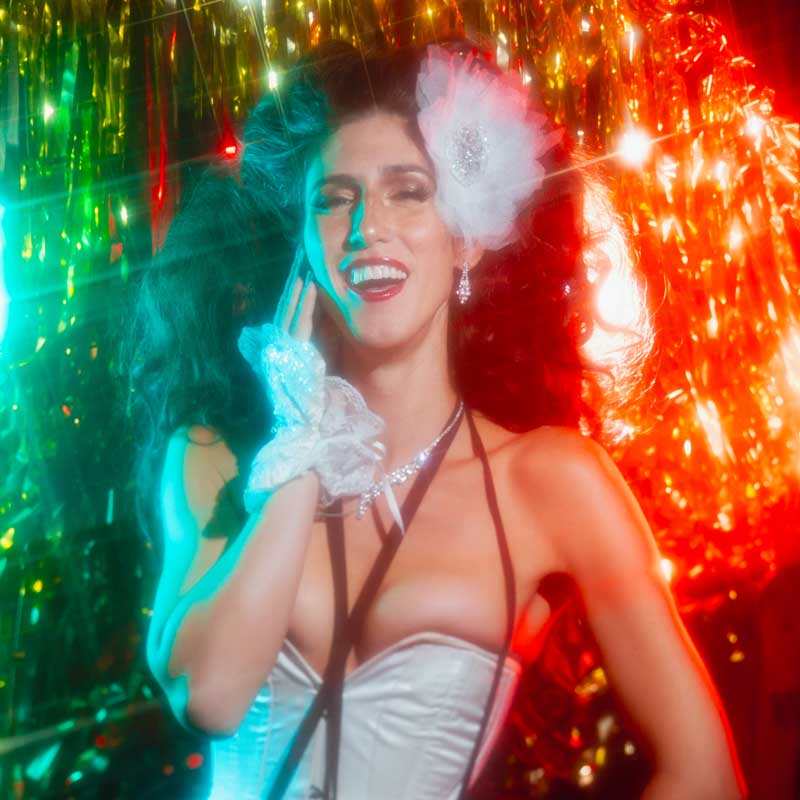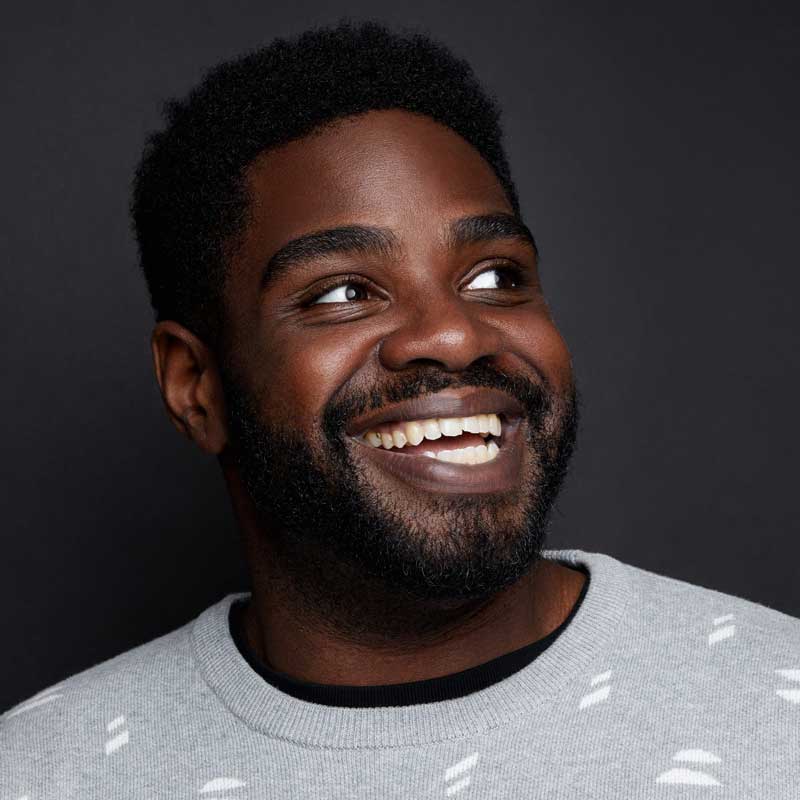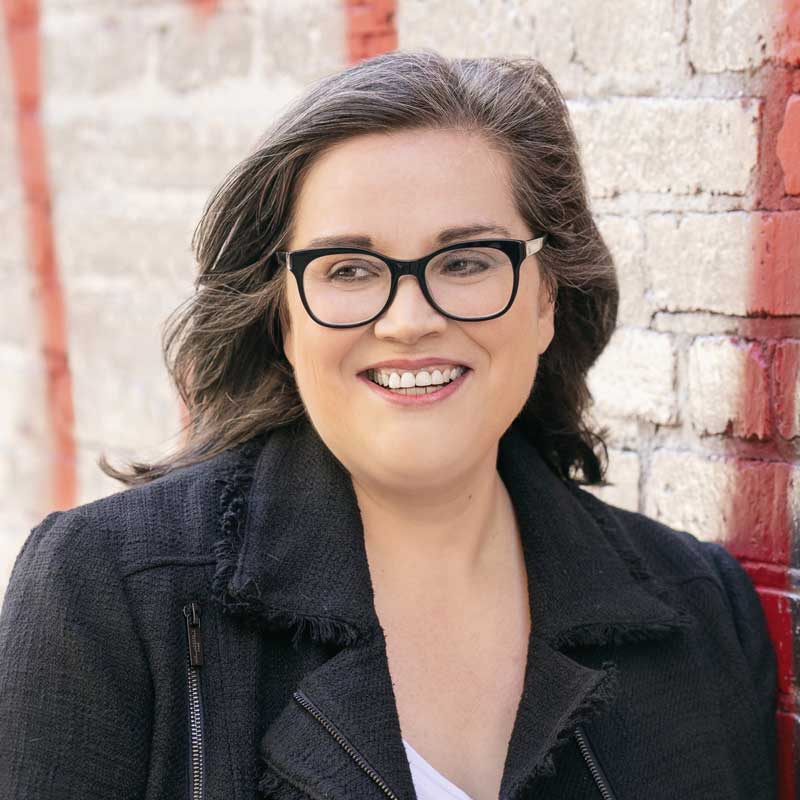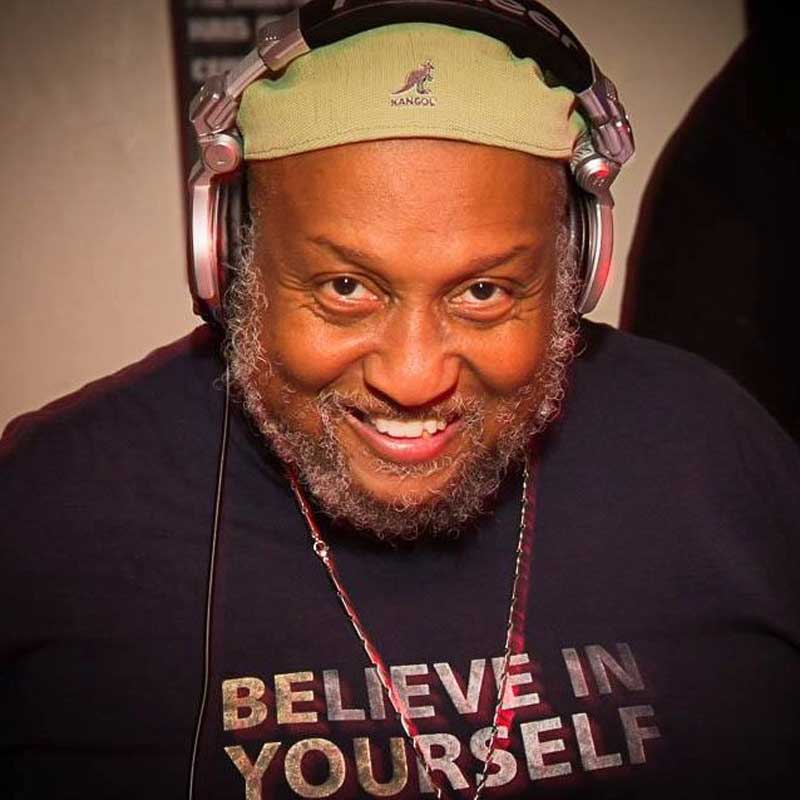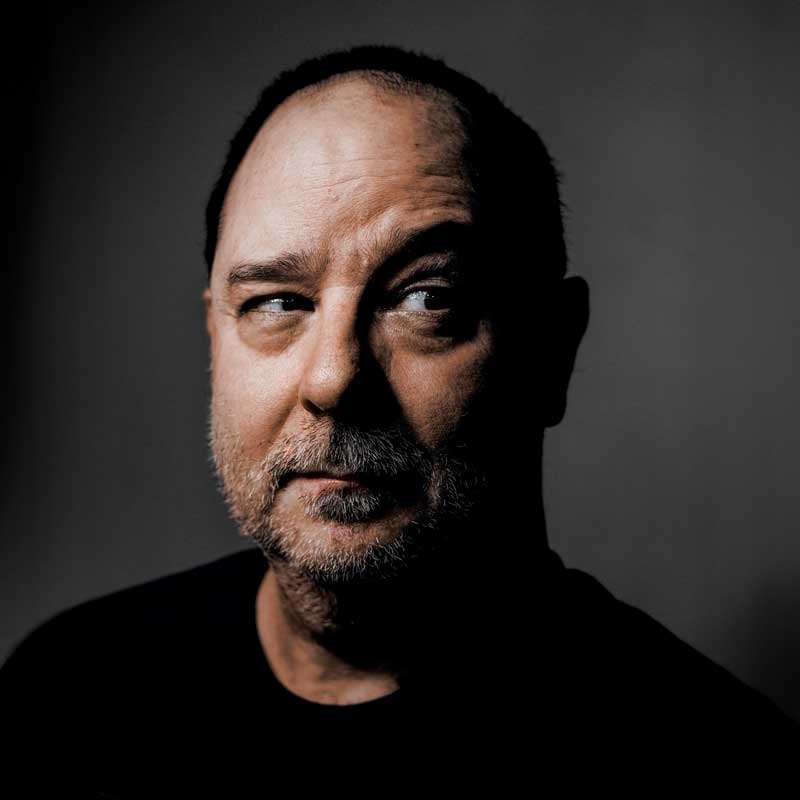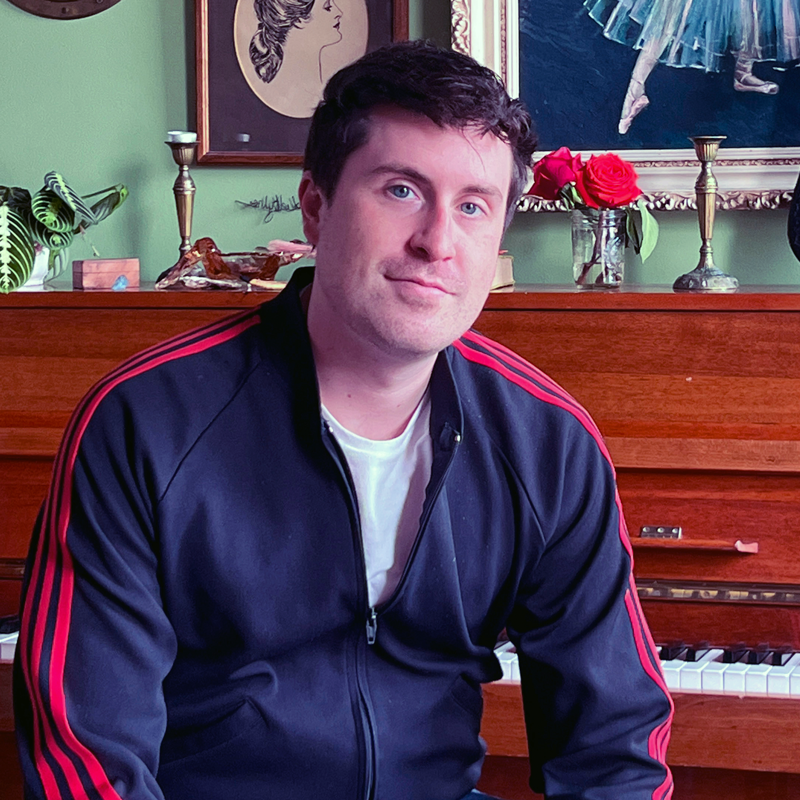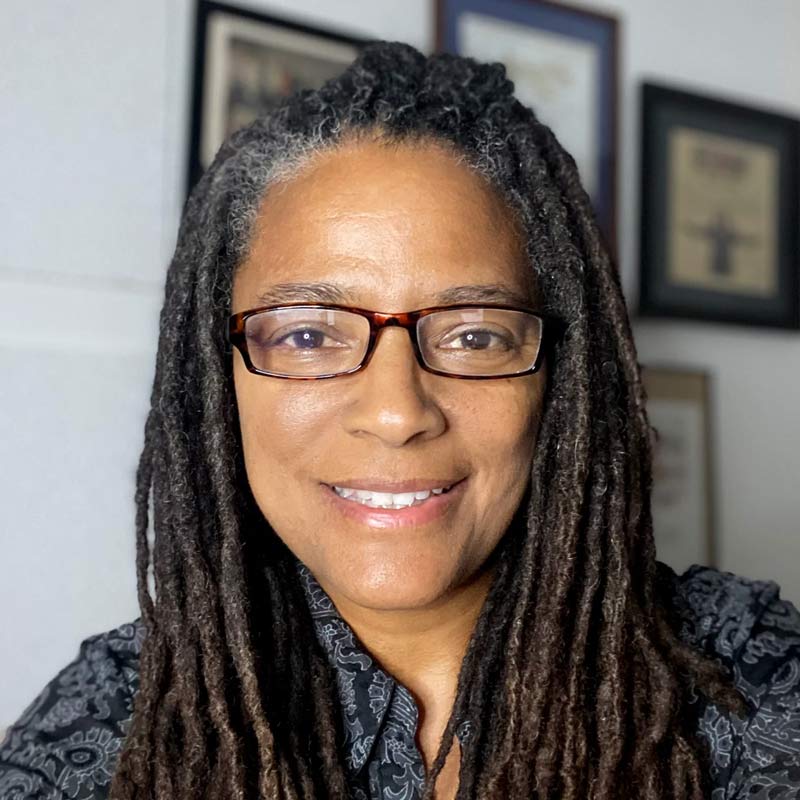Interested in the full range of human faults, foibles, dysfunction, and self-delusion? You could spend your evening re-reading the DSM-IV Manual. Or you could opt to spend some time with an even more entertaining catalog of idiosyncracies: Charmer, the latest album from Aimee Mann, as fine a chronicler of the human comedy as popular music has produced. Names have been obscured to protect the guilty, but you will almost certainly recognize yourself in these short narratives, along with the fellow travelers who have conned, enabled, victimized, or (yes) charmed you.
Mann has the presence of mind to write songs about narcissists, which is a little different from the 90 percent of rock songs that are about being a narcissist. “The first song I wrote for the album was called ‘Charmer,' so that's kind of what started it,” she says. “And there are obviously songs that aren't really on that topic, but it was a thing that I kept coming back to, because I do think people who are super-charming are really interesting. And I see how charm is on a continuum that goes all the way from people who can talk you out of anything to people who are manipulative to people who are almost a little sinister. They're usually people who you really like being around in the beginning, because they're really good at creating an impression that perhaps is tailor-made for you, and that's very seductive.”
You might say it naturally follows that an album named Charmer would need to be musically seductive, as well. And this one certainly delivers its own charm offensive with a production style that sometimes harks back unabashedly to an earlier era, three decades or more ago, when electric guitars and synths walked the earth together in harmony. The full sound is in stark contrast to her much starker previous album, 2008's Smilers, which was not so big on the new wave. She might even have been inspired by some fellow former Bostonites.
“This time, we bring the guitars back in.” she says, “and the bands we kind of listened to for reference were the Cars and Blondie and Split Enz. And ‘Jackie Blue' by the Ozark Mountain Daredevils, that awesome song—that was a big point of reference.” And she won't disagree if you suggest that this might be her fullest-sounding album since the I'm With Stupid era. “I think if you're emulating or inspired by that sort of era of radio pop, it's just by nature more ‘produced.' On the last record, our template was Area 51, because it was acoustic guitars and this kind of deserty, tumbleweed feel,” she laughs, “with synthesizers on top. This time, I wanted to use more analog synthesizers, because the music I was inspired by was that real ‘70s kind of thing. You know on Parallel Lines, when they were first putting synths in, but they were still being played almost like guitars? When I go back and listen to that stuff now, I go, ‘Oh, this is basically a rock band with just some bloopity bloopity keyboards on top.'” Make no mistake: “I love that,” she affirms. “I wanted to go back to: Remember when synthesizers were super-fun and brand new?”
Super-fun is not a term that everyone would expect to escape the lips of Mann, who well knows that she has an image—and possibly preternatural gift—for songs some would consider sad and downbeat. But there is a subtler kind of levity in her music that, followed to its natural end, leads to the kinship she feels with certain comedians and explains why she frequently does shows with the likes of Patton Oswalt and Paul F. Tompkins. And perhaps it explains why you'll hear some of the biggest laughs this side of a Bridesmaids screening at a Mann show, sometimes arguably morose subject matter notwithstanding.
“There's probably a little bit of relief of ‘Oh, I'm so glad that she's not super-sour and depressed'—so any small joke, I get the laughter of relief, if it's funny at all,” she says of the mood at her concerts. “Half the shows I still go, ‘Oh, I don't know what to say,' but I've definitely learned a lot from just being around comics. That's not to say that I'm funny, but I think just being around it and adopting a little bit of a cadence or vernacular is helpful.” And the wit is certainly there in her songwriting, if you look for it. “There's an irony that's implicit through a lot of stuff. There is always a fair amount of moments where I write something that I suddenly realize is a very apt description of a situation that's uncomfortable or horrible, but that the very accuracy of it makes me laugh, even though I can't really expect that other people will. It's a bit of a gallows humor, maybe.”
Articulation of these scenarios is the best medicine, whether or not laughter is part of the tonic, and that's been the case ever since Mann resisted an overbearing beau's admonitions to “keep it down now” and “shut up” in “Voices Carry,” the 1985 smash that put ‘Til Tuesday on the map. After three acclaimed albums fronting that band, Mann went solo with the Jon Brion-produced Whatever, and really went solo—label-wise—in 2000 with Bachelor No. 2 (Or, The Last Remains of the Dodo), which she snatched back from the clutches of an unconcerned major label and released on her own SuperEgo Records, beating the indie rush by several years.
This roughly coincided with Paul Thomas Anderson's Magnolia, which featured a good number of Mann's tunes as a song score—including “Wise Up,” the tough-love anthem that might still be the best summation of Mann's entire unflinching catalog. Another song from the film, “Save Me,” was nominated for a Best Song Academy Award, which explains the “Oscar loser” self-description in the tagline on Mann's Twitter account.
Among the albums that followed were One More Drifter in the Snow, an unlikely Christmas album that inspired a yearly series of holiday-themed variety shows, and the semi-narrative The Forgotten Arm. Plans have long been brewing to adapt the latter piece into a stage musical, although that's on hold till she has a chance to do some serious work with the project's book writer David Henry Hwang.
Another planned but stalled stage musical led to the creation of one of the new album's songs, “Living a Lie,” in which Mann trades lead vocals with the Shins' James Mercer. “Because it's such a duet-y duet,” she says, “we wanted to get somebody who really had a great voice, and we were just lucky that he was game.” The tune has its “weird genesis” in Mann's acquaintance with Aaron Sorkin, whom she met through mutual friends (unrelated to her previous cameo on The West Wing). “He started telling me about an idea for a musical he had, and obviously he's got 50 million projects, so I don't know if it's something that'll ever happen. But he told me the basic plot of it, and just as an exercise, I thought, ‘Suppose this is the song these two characters sing where their relationship is really falling apart.' It makes me laugh, because two people singing a duet is usually a love song, and these are two people that are ripping each other to shreds. ‘You narcissist!' ‘Oh yeah? Well, you're this has-been who thinks he's so great‚’ I should write a whole record of vicious duets.”
The Forgotten Arm dealt with an area of psychology Mann is obsessed with: addiction. She's also dealing with that on Charmer, but not drugs. Rather, she's tackling some less obvious but possibly more insidious forms of pathology‚’ as seen on television.
“I was watching Hoarders,” she laughs, explaining the inspiration for the oddly titled “Gumby.” “The thing I was fascinated by is that you have people who are desperate to help their loved ones who are living in squalor and often in dangerous circumstances, but the hoarders themselves do nothing but resent the help. They just see that you're trying to take their shit from them, and they constantly position themselves to be the victim of these people who are coming in trying to help. It's really delusional.”
“Soon Enough,” meanwhile, is “about an intervention. Of course another show I watch religiously! Everybody's reading their letters and everybody's crying, while once again, the target of the intervention is like ‘Fuck all y'all.' It's so classic. So the narrator of the song is like, ‘Yeah, I know, we're all a bunch of assholes—we're all against you. Just sit and listen to the letters, and soon enough you can say what a bunch of jerks we are. We get it.'” Mann's co-writer on this one was comic Tim Heidecker, of Tim & Eric fame, who also signed on to direct a video for the tune.
Those are songs about some not-so-charming types. But Mann gets back to the album's central conceit with songs like “Disappeared,” about the type of popular fellow who “makes a big production out of cutting people off‚’ and in your relationship with them, you always think, ‘Well, they'll never do that to me.'”
Then there's the hooky “Crazy Town,” about “one of my favorite topics, the crazy girlfriend. I have a friend who goes out with these girls who always wear short, tight dresses and high heels. They all refer to themselves as ‘spontaneous,' which to me is code for ‘I'm crazy, and if we're driving down the street, I might just hang out the window and yell at passers-by.' Or if someone describes themselves as ‘passionate.' I honestly think that's a code word for ‘I will make scenes and throw shit at you in public places.' The girl who seems to fun at the beginning of the night, whose hair you're holding while she throws up at the end. There's a certain type of guy who goes for that girl—the caretaker, who's very present and sober. And these people go together. The crazy girl can't flourish without the fixer.”
And of course there's the “Charmer” himself—a type Mann is intimately familiar with, having been around her share of entertainers and politicians. “They're usually people who you really like being around in the beginning, and then they're very exhausting after a while, because they require an audience. But that's very seductive. My husband has a line in a song which I always think about when I talk about this subject, which is: ‘When you think he likes you, you like the way he thinks.' To me, that really sums it up, because you yourself are complicit in the interaction of the charmer. As soon as you think somebody likes you, then you suddenly think, ‘What a great guy!'”
As should be perfectly clear by now, Mann is not mired in the traditional business of strictly writing love songs, but more prone toward diving into the vast majority of human interactions that almost never get a song written about them. “To me, the dynamics of a situation can be applied to anything,” she says. “In a love relationship, it just gets amplified, and then people get crazier about the results. But it's usually all the same kind of stuff, regardless of who you're dealing with. You think, where have I been in this situation before? ‘Crazy Town' is more sort of about a relationship, but it could also be about a friendship, or about a guy taking care of his alcoholic mother. You know, it is very sad to have friends who are crazy and can't take care of themselves. And you can't get too far into it, because then you'll be dwelling in the world of crazy, and there's no getting out. I can apply that to a lot of different circumstances, and the feelings behind that dynamic never change.”
Mann has been cast in a small role in an upcoming independent film, and she laughs about her thespian aspirations, or lack thereof. “There's not weeping or anything” required in the role, she points out. “I think I look annoyed sometimes, which I feel like I could probably handle.” Possibly aside from a cameo in the Coen brothers' The Big Lebowski, her best known part was playing herself in a celebrated episode of IFC's Portlandia, in which Fred Armisen and Carrie Brownstein are shocked to have hired one of their favorite singer/songwriters as a maid—and proceed to alternately worship and upbraid their heroine/housekeeper. “That was a true story: Carrie had hired a cleaning service and the girl who showed up was a singer in a band they liked. People love that show. I love that show. And yeah, more people have recognized me from Portlandia than music in the last year.”
In the last year, Mann got invited not just to do a fictional Portland couple's housecleaning, but to join a Pennsylvania Avenue couple at the White House. She was part of a day the Obamas devoted to celebrating poetry (along with a more controversial musician, Common). It shook her up, in a good way.
The White House confab “had a really big impact, way bigger than I expected. Don't get me wrong, I knew it was a big gig. But I also didn't think it would have this big spiritual impact on me. Hearing the poets talk was really inspiring and honestly made me think totally differently about the purpose of art, which I think heretofore I thought was just a nice add-on if everything else is taken care of—like, a fun little frill for life. But I started to realize there's something more essential about art, and it's kind of the thing that makes the difference from being just a group, like a herd, to being a civilization.”
The characters Mann writes about tend not to think such noble thoughts, but if art is largely making something functional out of dysfunction, then Mann just might be our laureate, whether or not the president has called back with the official designation. She's the kind of artist who'd rather disarm than charm, though maybe you'd be forgiven for even applying the C-word to her bracing musical bewitchery.
